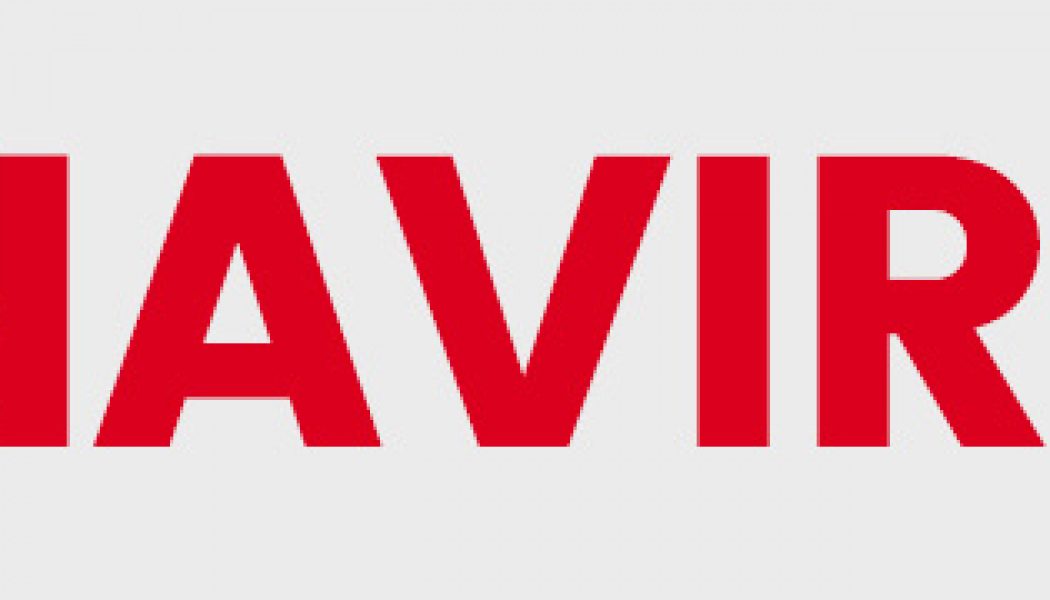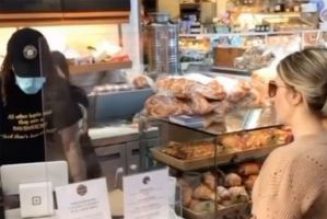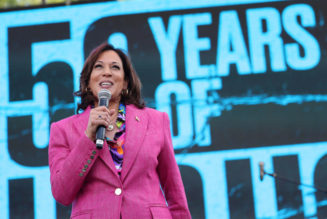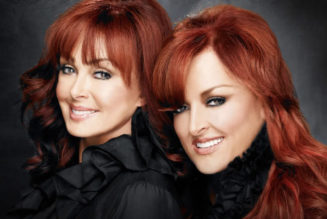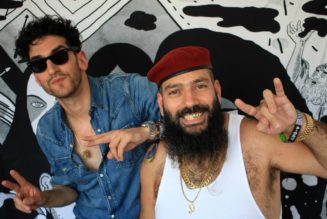As co-owner of Seattle’s popular independent venue Neumos in Capitol Hill, Steven Severin has been a staple in the Seattle music industry for more than 20 years. Roughly 10 years ago, he helped create the Seattle Nightlife and Music Association to bring together the area’s live event insiders, and for the past 16 years has helped run Neumos with its sister club Barboza and the accompanying Runaway bar.
As part of Billboard’s efforts to best cover the coronavirus pandemic and its impacts on the music industry, we will be speaking with Severin every two weeks to chronicle his experience throughout the crisis. (Read the last installment here and see the full series here.)
What has changed for you in the past couple weeks?
In the last few days we had David Byrne on the Today Show talking about Save Our Stages and Margo Price and [National Independent Venue Association president] Dayna Frank on MSNBC. We’re getting good momentum there. [Sen.] Marco Rubio (R-FL) has finally said that he has read the Save Our Stages Act and it sounds like he supports it. He is a huge piece in this. We have been doing everything we can. Him and [Sen.] Chuck Schumer (D-NY) are on the same page that the hardest hit businesses, the last to open, are the ones that need to be taken care of and need to be supported.
That’s only part of it. If we got fully funded through the Restart Act we would get only half of what we need to survive for what we realistically think is a year from now. Because the vaccine is not going to come out, at the earliest, until the end of the year/beginning of next and they say it is going to take at least three to six months before people get it. And, not everybody is going to get it. That’s next summer. We’ve already been closed for six months and we’re going to have to go another year. Just getting the Restart Act is getting us through the year so we can find out what to do next.
How far will the Restart Act get most venues?
It is 45% of your 2019 expenses, I believe. It should get us close to nine months, because our expenses won’t be as high while we are closed. But we still have a lot of those expenses. One club in Washington that I was talking to, it is $60,000 a month for them to be closed. And they have a discount on rent from the landlord. Without the discount, it would be $75,000.
How could being closed cost a venue $60,000?
Rent, insurance, taxes. Then there are all kinds of other licensing fees that you still have to pay. You can be paying $10,000 a month in insurance when you are closed and our insurance is dropping us in September. Not because we can’t pay, but because they aren’t going to cover music venues anymore. So my rate is going to go up even though I don’t have any claims.
Since you are closed, can you stop having insurance until you reopen?
In September, we will stop having the liability insurance because it was already pre-paid. Then it will just be on the building. We still have to have insurance on the building.
How do you handle waiting for the decision this week on the new stimulus packages and possible acts?
I was talking to my wife on Saturday and I was just hanging on by a thread. I am absolutely depressed this week. This week, it is so hard to get out of bed and do things. So much of it is dealing with the uncertainty. I know that there are people talking in D.C. that are deciding my life. They are deciding what happens to my livelihood and the people that I employ and the people that come to my venue. I have done all I can. I have worked really hard to make sure that our voice was heard. Now I just have to sit here and wait.
Are other venues you are in contact feeling the same way?
Another music venue in Washington went away this week. They just couldn’t make it any longer. There are at least 10 venues that if it wasn’t for their landlords giving them a break, they’d be gone today. If people hadn’t gotten the PPP loans they would be gone. We still have to pay this money back until someone tells us we don’t. So we are all in debt even though we are still fighting to stay alive. It is going to be so long before we are profitable again. As a business owner, how am I supposed to pay my bills if I can’t make an income? If there is no profit, I don’t get paid. So I, and many others around the country, are fighting to keep these places open for other people.
Have you heard anyone echo the sentiment made by Ivanka Trump that some people should pivot their careers?
I had somebody the other day, a really smart person, that said the venues that can’t make it, there will be people there to replace it in the next year or two. I understand how they might think that for restaurants, but that is not true for music venues. Music venues that are around started in the neighborhoods that were less than desirable, because you had to have cheap rent to be able to have that much space. We’ve got 10,000 square feet. We pay per square foot. That adds up to a lot, so you’ve got to do it in areas where people don’t want to be in. As time goes on, they become more desirable and now, Neumos for example, is in an entertainment district. It used to be Auto Row. It’s not going to be new music venues that come in, it’s going to be condos.
Not to mention, that was somebody’s dream, their livelihood. Somebody else coming in there is not an answer. People are like, just pivot careers. I’ve done one thing in my life. It is music. What am I going to pivot my career to? I have health problems that keep me from working normal hours. What am I going to go do?
Someone pointed out that there was an old club back in the ’80s that was called The Coliseum and they put a Banana Republic there. And you know what, it’s still a Banana Republic. It has not become another music venue. There are no music venues downtown anymore. There are none.
